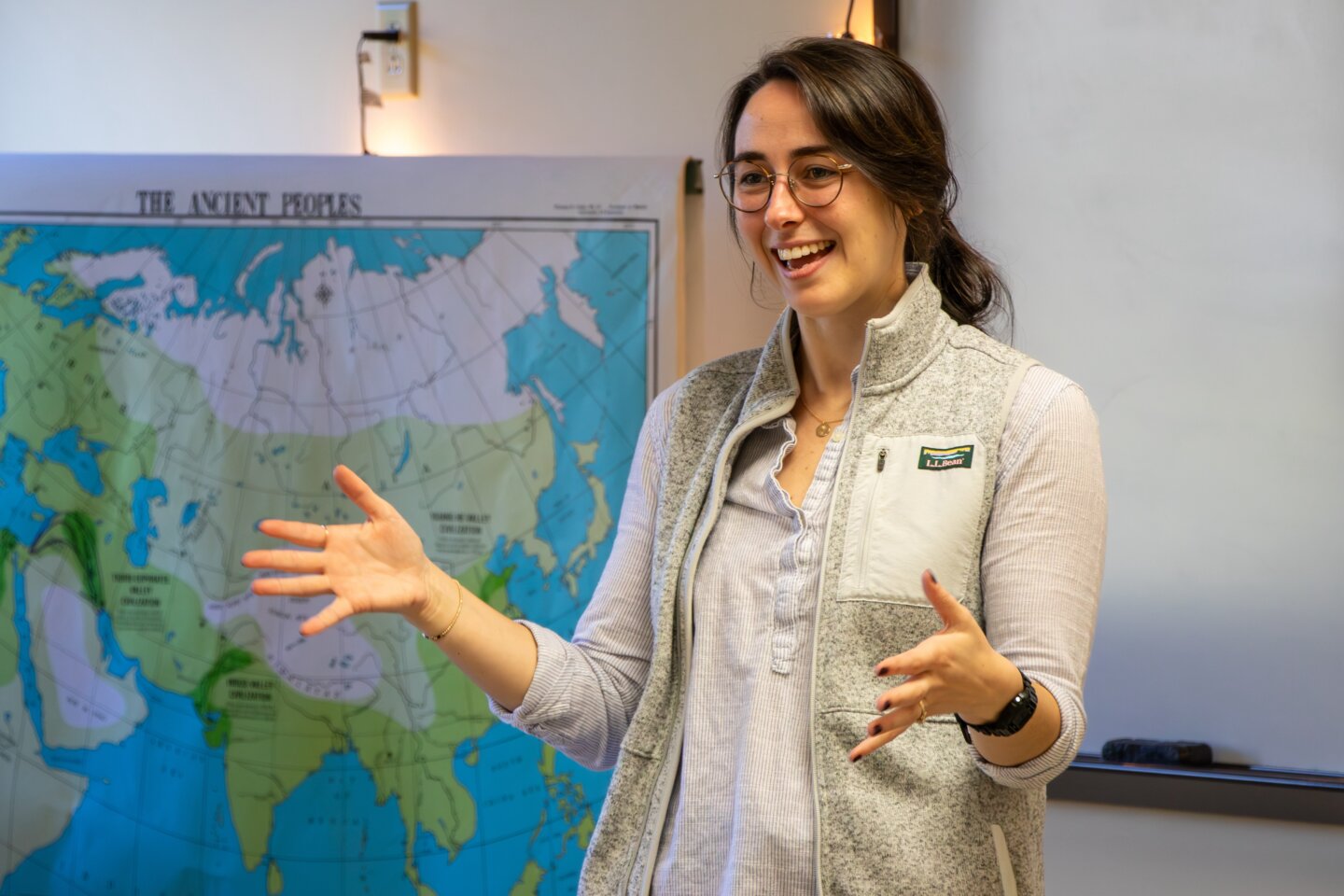Dr. Victoria Skelton, a history teacher at Williams, was selected to present at the annual Northeast Conference on British Studies, held at Trinity College in Hartford, Connecticut, on September 27. Her paper was titled “Sister-Colonizer: Defining Nations in International Feminist Spaces,” and it focused on the connection between British settler colonization and international feminism.
Dr. Skelton, wanting to “dip her toes back into research,” described the quick process, stating, “I wanted to present my research locally, so I submitted my paper proposal to the NECBS in June, was accepted in July, and spent the last couple of months crafting my paper, expanding on my dissertation research.”
In this paper, Skelton explores the relationship between feminists organizing and those organizers’ understanding of national identity in the first multipurpose international women’s organization, the International Council of Women (ICW). She states, “I use the ICW to better understand how women—often denied access to citizenship within nation-states in the nineteenth and early twentieth centuries—defined national identity in a space of their own making. In this paper in particular, I focused on the politics of the first president of the ICW, Ishbel Aberdeen, and the affiliation of the British White Dominions (Canada and Australia in particular) to the ICW to understand how ICW women set the boundaries of who could represent national bodies based on national identity rather than formal citizenship or imperial loyalties.”
One thing Dr. Skelton loved about the conference was getting to present her work and receive feedback from a diverse group of scholars, which further inspired her to bring her research into the classroom. “In Modern World History, students do a deep dive into nineteenth-century nationalism, taking case studies to understand the complexities of national identities’ formations in the wake of the French Revolution. Students have to essentially do what nationalists and historians have been doing for years—decide for themselves the boundaries of belonging to a nation,” Skelton said.
Dr. Skelton plans to build upon this research and submit an article for publication soon.


